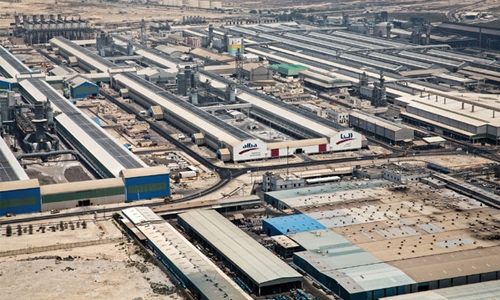Bahrain must raise power generation by 6pc
Manama : Power-generation capacity in Bahrain needs to be increased at the rate of six per cent a year to match the spiralling demand, according to the latest report from Arab Petroleum Investments Corporation (Apicorp).
Even though, this is a high growth requirement, it is one among the lowest in the Middle East and North Africa (MENA) region.
MENA region will require an additional 147GW power capacity by 2020 to meet the surging demand. This expansion will require US$198 billion investment in generation capacity and a further US$136bn investment in transmission and distribution (T&D).
The GCC represents 47pc, or 148GW, of current MENA power-generating capacity. Despite this large capacity, the GCC will require $85bn for the addition of 69GW of generating capacity and another US$51bn for T&D over the next five years, says Apicorp.
Bahrain will require US$3bn investment over the next five years to meet the high growth in demand, says Apicorp. This investment will translate to a capacity addition of 1.4GW to reach a total of 5.6GW total capacity by 2020.
“While countries in the region are pushing for investments in the power sector, several challenges and constraints will prove pivotal in the medium term,” the report warns.
The challenges of low income from oil exports, resistance to changes in market structure, uncertain interest from potential investors and difficult financing environment due to downgrades are marked as potential stumbling blocks.
“The GCC governments will continue to cope well with rising demand and energy-price reform will help temper demand rises. Although GCC governments have announced budget deficits and indicated that government expenditures will be tightened in response to lower oil prices, investments in the power sector should not be affected and will be given priority. But even in these countries, there is a clear realisation of the importance of restructuring the power sector and establishing a regulatory framework to spur greater participation from the private sector,” notes Apicorp.
Related Posts

